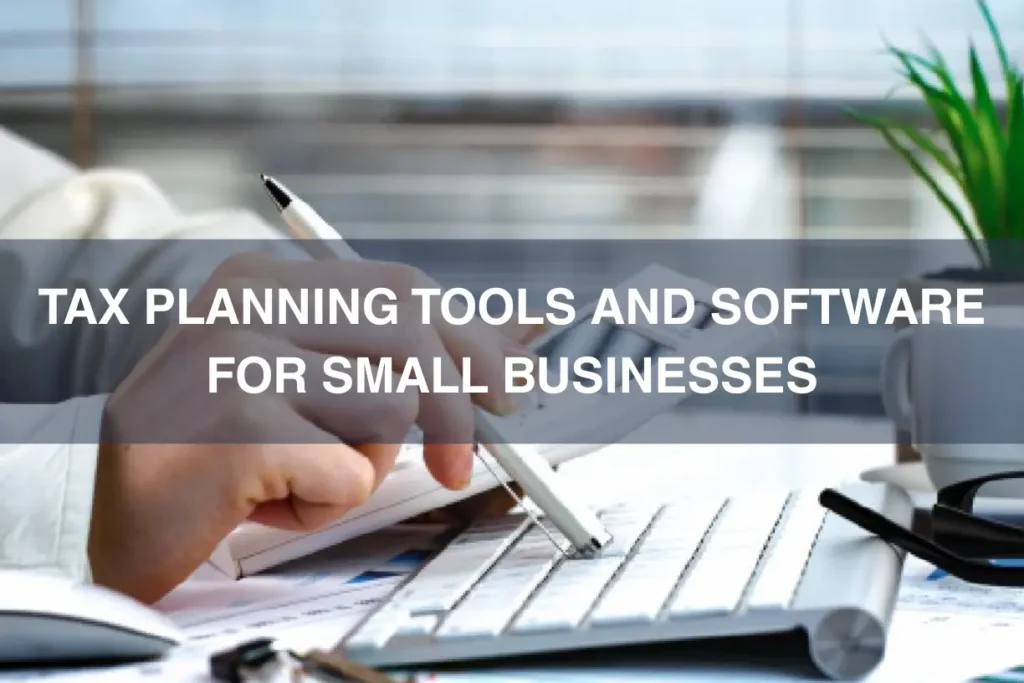Smart tools cut prep time, surface savings, and keep filings clean. The right stack turns messy spreadsheets into clear, real-time numbers. Ready to upgrade your tax workflow now? Talk to Koffex Accounting
Why tax planning software for small business matters
Tax results improve when data is accurate and on time. Automation captures receipts, tags expenses, and tracks mileage. Planners then project tax due across the year, not just at deadline. That means fewer surprises and stronger cash flow.
Core categories to cover
- Ledgers and receipt capture
QuickBooks Online, Xero, and Zoho Books sync banks, rules, and attachments. These form the source of truth for income, cost, and sales tax. - Planners and projections
Tools like TaxPlanIQ and CFS TaxTools model bracket impacts, entity choices, and timing of purchases. Use them to compare scenarios before spending. - File and stay compliant
TurboTax Business and similar apps guide entity filings, schedules, and states. Clean exports from the ledger speed this step and reduce errors.
Best picks for different needs
- Solo or new LLC
QuickBooks Simple Start plus a basic planner keeps costs down while covering bank feeds, rules, and quarterly estimates. - Growing team with payroll and inventory
Xero or QuickBooks Plus paired with CFS TaxTools supports multi-location, classes, and depreciation planning. - Advisor-led optimization
A CPA stack using TaxPlanIQ with your cloud ledger delivers entity analysis, loss harvesting plans, and timing insights before year end.
How to choose tax planning software for small business
Start with your entity, states, and revenue mix. Confirm bank and card connections, sales tax features, and multi-currency if needed. Ask for a demo of quarterly estimate workflows and capital asset schedules. Check user roles and audit trails to protect approvals and payments.
Fast setup blueprint
- Connect banks and cards, then lock a chart of accounts.
- Turn on rules for common vendors and tag classes or locations.
- Add an expense capture app for receipts and mileage.
- Load fixed asset registers and select Section 179 or bonus options.
- Build a projection in your planner and schedule monthly updates.
Pro tips that lift savings
- Time major buys
Model Section 179 and declining bonus rates before purchasing equipment. The right month can change your liability. - Map entity choices
Compare pass-through, S corp, or C corp results with wages, health, and retirement added. Good software shows the gap clearly. - Close monthly, not yearly
Short closes create better data. Better data unlocks cleaner estimates and safer cash planning.
Owners who freelance on the side should study tax planning for freelancers to track home office, mileage, and quarterly estimates correctly.
FAQ: People Also Ask
What are the best tax planning tools for small businesses?
A strong combo is a cloud ledger like QuickBooks or Xero plus a planner such as CFS TaxTools or TaxPlanIQ. Add a filing app for entity returns and states.
How can small businesses simplify tax planning with software?
Automate data capture, reconcile weekly, and run monthly projections. This keeps estimates accurate and avoids last-minute cash crunches.
Which tax software is recommended for small business owners?
For filing, TurboTax Business suits many entities. For planning, CFS TaxTools or TaxPlanIQ offer scenarios, credits, and depreciation schedules.
How do real-time tax calculation tools work?
They read coded transactions from the ledger, apply current brackets and credits, then project quarterly and annual totals as new data lands.
Reddit asks: Who is the best professional to consult for small business tax planning?
A CPA firm that works with your ledger and runs proactive projections. Look for fixed-fee planning, not only year-end filing.
Reddit asks: Who is the best professional to consult for small business tax planning?
A CPA firm that works with your ledger and runs proactive projections. Look for fixed-fee planning, not only year-end filing.
Reddit asks: What strategies lower taxes besides an S corp and a solo 401(k)?
Asset timing, Section 179 and bonus, accountable plans, R&D credit where eligible, and optimized state nexus management.
Reddit asks: What questions should owners ask their accountant about future tax planning?
Ask about entity modeling, depreciation timing, safe harbor estimates, credit eligibility, and what monthly metrics drive lower tax.
Clear tools. Clean data. Confident tax moves. Bring in a partner that sets it up and keeps it humming. Start With Koffex Accounting







